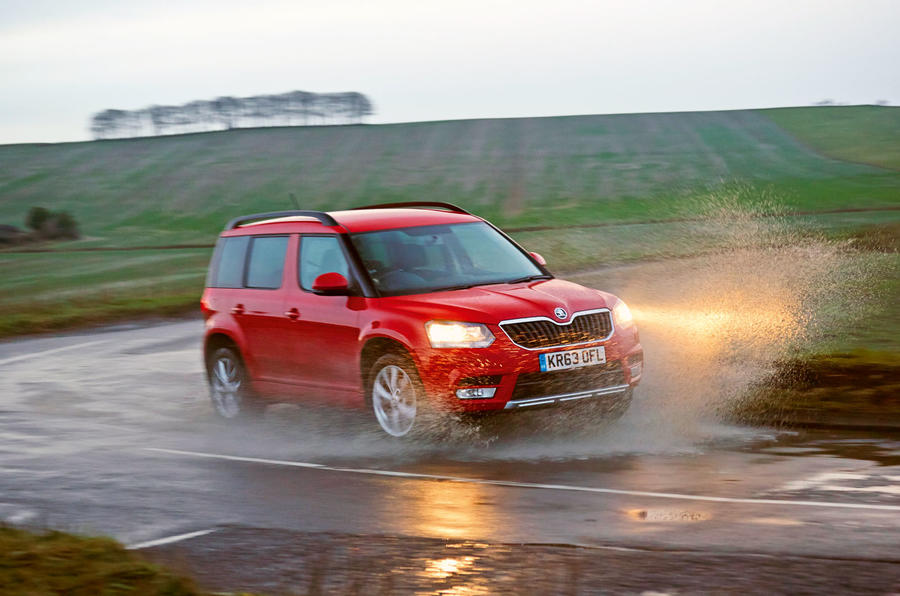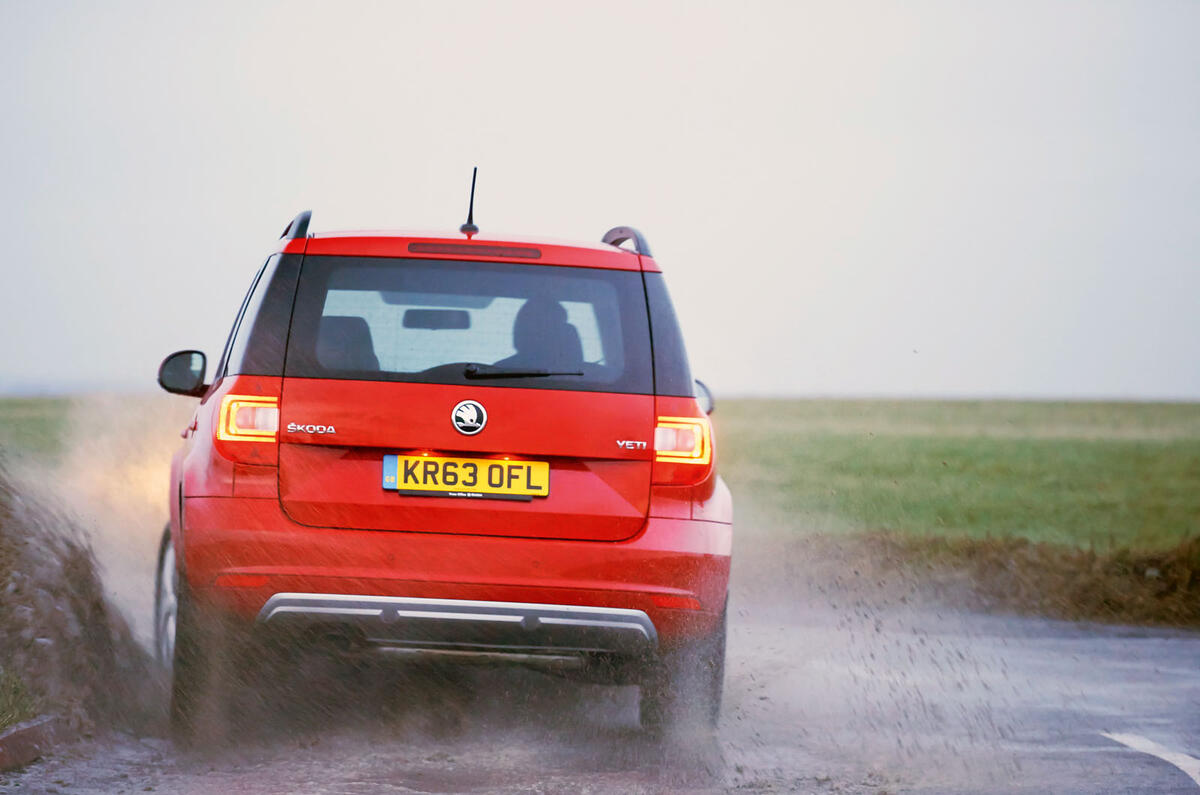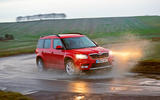With the quirky Skoda Yeti crossover, Skoda proved something that many of us had come to doubt: that while the Volkswagen Group’s strategy of sharing platforms, engines, suspension systems and whatever else between the various models across its brands is clearly good for business, would any of them ever be able to produce a car with a discernible personality of its own?
Then, in 2009, the Skoda Yeti arrived, with its unusual styling and a distinct character all of its own.
The Yeti predated today’s seemingly unstoppable SUV-mania, and even now it doesn’t really sit comfortably in that category. It shared its underpinnings with the Volkswagen Golf, and although it is a little taller than a conventional hatchback, it doesn’t have so many of the unavoidable drawbacks of a high-riding SUV. In fact, its seating position and on-road manners are much more car than SUV-like, which means it can be fun to drive on the right road. That’s where the better part of its distinctive personality comes from.
Click here to buy your next used Yeti from Autocar
What the Yeti does borrow from today’s SUVs is flexibility, practicality and, if it’s a four-wheel drive model, real off-roading ability. The VarioFlex rear seat system – which allows you to slide the bench forwards and backwards, remove it entirely or pull out only the middle chair to create more second-row space for two – gives the Yeti a level of versatility few other cars can match.

For all of those reasons, it is close to incomparable as an affordable family car a decade after its launch. The cheapest official Approved Used cars start at around £7000 and many of them have covered fewer than 50,000 miles. The 4x4 models start at £8000 and it’s worth paying that bit extra. Not only does a second driven axle make the Yeti better suited to winter driving (particularly when matched with winter tyres), but the four-wheel-drive cars also benefited from a more sophisticated multi-link rear suspension architecture.














Join the debate
Add your comment
Not a fan
I have to admit that I never warmed to our family Yeti. It had a very unsettled ride on standard 17inch wheels and hesitated annoyingly when entering roundabouts. It had a dsg auto that didn’t feel likely to last. When we did sell it the engine failed two weeks later, despite being Skoda serviced and having done just 60,000 miles in 6 years.
Rust!
This article coincided with my search for one, every car I saw at one main dealer this week had signs of corrosion developing at the bottom of the doors and around the numberplate lights, very poor for 3/4yr old cars.
smarttony wrote:
You’re not wrong there. Timing chains were an issue on some pre facelift 1.2s until they changed the design and eventually reverted to a cam belt. Rust can be an issue on some doors due to the tight fitting rubber seals rubbing grit and dirt into the door edge. Cars that don’t get cleaned very often tend to suffer most. I still stand by the two I’ve had as great little cars though.
Super motors
I’ve had two Yetis, neither let me down. Still got the one; solid, practical family hold-all with a bit of character. The ride is lumpy but they handle well with nice steering. Good car.